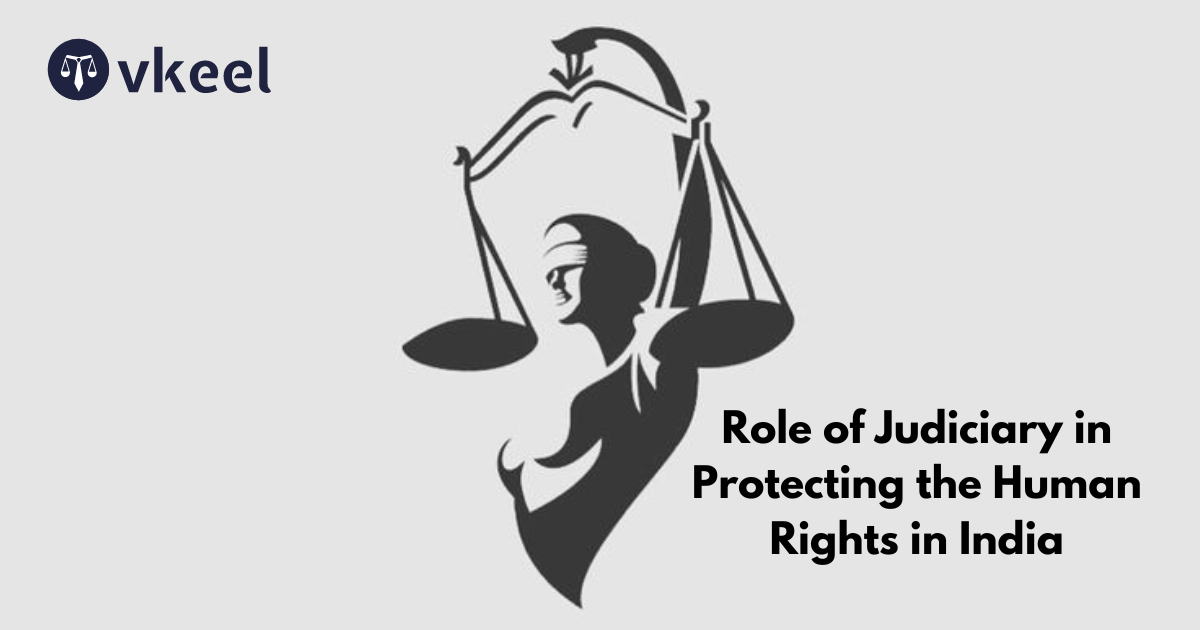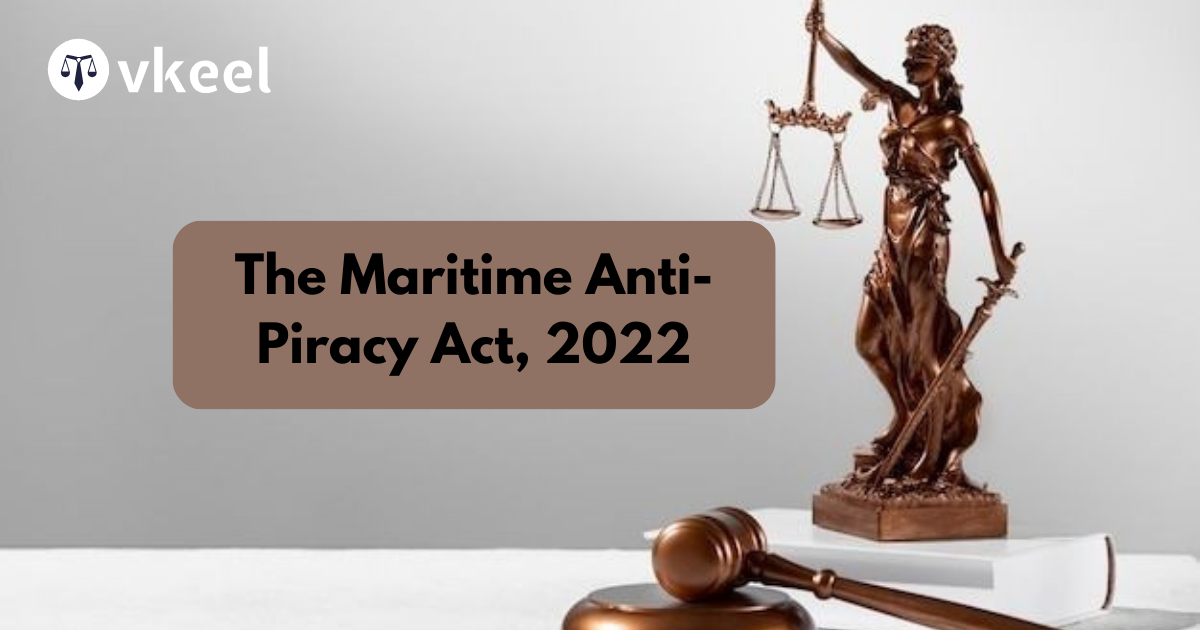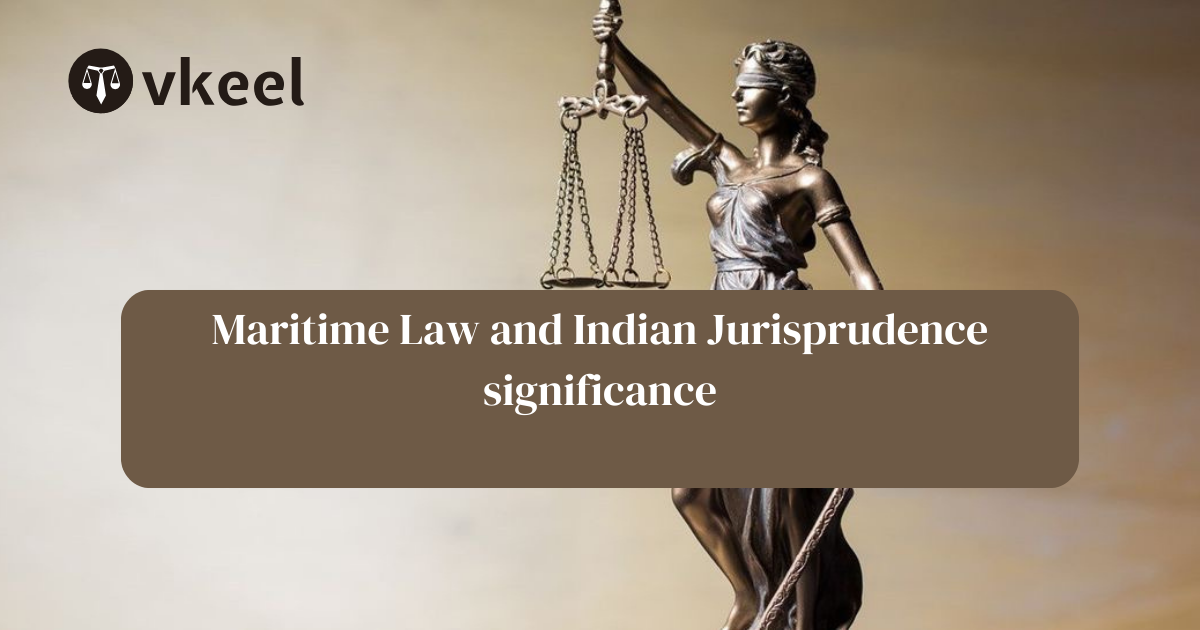Role of the Judiciary in Protecting the Human Rights in India
By Joy Puri
Table of Contents
Introduction
Human rights opined as the fundamental principles of the human life that aim to protect the inherent dignity and equal worth of all individuals in the society. These rights are universal, inalienable, and interdependent, meaning they apply to everyone, cannot be taken away, and are interconnected within the people of the nations.
The concept of human rights can be easily traced from the aftermath of World War II, culminating in the adoption of the Universal Declaration of Human Rights (UDHR) by the United Nations General Assembly on December 10, 1948 thereof.
This document compiles to set a common standard of achievements for all peoples and nations, asserting that every individual is entitled to rights such as the right to life, liberty, and security; freedom from torture and slavery; freedom of opinion, expression, and religion and the right to work, education, and participate in government. These can be easily be reflected in the Indian Constitution too thereof.
With due reference to the organizations such as the United Nations, Amnesty International, and Human Rights Watch, do play crucial roles in monitoring, promoting, and advocating for the protection of these rights globally throughout different nations.
Governments are considered as the primary duty bearers, are responsible for respecting, protecting, and fulfilling human rights by creating and enforcing laws, ensuring access to justice, and providing remedies for violations done on the part of the individuals.
Henceforth, the enforcement of human rights thereby involves mechanisms such as judicial and quasi-judicial bodies, including international courts and national human rights commissions, which investigate and interrogate the abuses and provide recourse to victims in their respective cases thereof.
What is Judiciary ?
The judiciary is a plays its pivotal role in the nation as a branch of government responsible for interpreting and applying the law, ensuring justice, and upholding the rule of law. It operates independently of the executive and legislative branches, providing a system of checks and balances crucial for a functioning democracy and the welfare of the citizens.
The judiciary’s role which is utmost important; is to resolve disputes impartially by interpreting laws and adjudicating cases brought before the courts of law. This function includes criminal cases, civil disputes, administrative issues, and constitutional matters which are in dispute either between people or the govt and people.
Judges, who are typically appointed or elected, preside and sit in the courts of law and make decisions based on legal principles, evidence, and precedent of the country and matter.
A well-functioning judiciary certainly ensures that laws are consistently applied and that individual rights and freedoms are protected in the country. It acts as a guardian of the constitution, ensuring that legislative and executive actions do not violate constitutional provisions of the country.
Through judicial review inherent in the supreme court of India, courts can invalidate laws and government actions that are deemed unconstitutional. This power is essential in preventing the abuse of power and maintaining the balance between different branches of government or the administrative authorities.
Furthermore, the judiciary also plays a critical role in social justice by addressing grievances and providing remedies to those who have been wronged or have been suffering from the breach of law. It ensures that justice is accessible to all citizens, regardless of their socio-economic status as an individual in the society.
In many countries or any specialized courts, such as family courts, juvenile courts, and administrative tribunals, cater to specific types of disputes, ensuring that cases are handled by judges with expertise in relevant areas of law and otherwise.
Henceforth, in furtherance to the aforesaid, the judiciary contributes to the stability and predictability of the legal system of the respective country. Through the doctrine of stare decisis, courts follow precedents established in previous cases, which helps maintain consistency in legal decisions of the country.
What Role does Judiciary play?
The judiciary acts as a fundamental pillar of the country in safeguarding human rights through its multifaceted roles in interpreting laws, reviewing government actions, enforcing rights, protecting vulnerable groups, promoting accountability, setting precedents, and advocating for human rights awareness for those who have been wronged by the administrative authorities or any specific individual or any authority or entity.
The followings are the functions of Judiciary in protecting the Human Rights
Interpretation and Application of Laws: The judiciary interprets the statutes, and international treaties to ensure that the antecedent align with human rights principles. The judges of the courts of law have the power to interpret ambiguous legal provisions in ways that protect and enhance human rights of the individuals. The can even strike off any law if it interprets it as invalid.
By scrutinizing laws through a human rights lens, the judiciary can prevent and remedy violations, ensuring that individual rights are upheld in various legal contexts and as well as other concerned contexts.
Judicial Review: A pillar of judicial power is the ability to conduct judicial review for any law on certain grounds, which allows courts to assess the constitutionality of legislative and executive actions.
This function is crucial in maintaining a balance of power among branches of government and other administrative authorities of the country.
When laws or governmental actions are found to infringe upon human rights, courts can strike them down or mandate corrective measures in the respective legislation, therefore protecting citizens from potential abuses of power by the authorities.
Enforcement of Human Rights: Courts play a pretty active role in enforcing human rights by providing remedial actions to individuals whose rights have been violated in the country. Remedies can include compensation, injunctions to halt ongoing violations, and orders for policy changes of the required law.
This enforcement mechanism ensures that human rights are not merely theoretical by its nature and features but are realized in practice, offering tangible relief to victims of the society.
Protection of Vulnerable Groups: The judiciary is acts as a vital instrument in defending the rights of the marginalized and vulnerable populations, including minorities, women, children, and people with disabilities.
Courts enforce anti-discrimination laws and uphold international human rights conventions, ensuring that these groups receive equal protection and opportunities. By doing so, the judiciary addresses systemic inequalities and fosters an inclusive society.
Promoting Accountability: Judicial systems hold individuals, corporations, and government officials accountable for human rights abuses and punishes them for the deterrence.
Through criminal prosecutions and civil suits, the judiciary can deliver justice to victims and deter future violations too by the procedures established by law.
Advocacy and Education: The judiciary thereby contributes to human rights advocacy and education in the country. Judicial opinions and rulings can raise public awareness about human rights issues, informing both the public and government officials of their rights and their respective duties.
Conclusion
The courts of law thereby help in promoting and protecting the human rights for the betterment if the society and the individuals thereof.
There are certain provisions in our constitution too which narrate the tales of importance of judiciary in applicability of the human rights.
Disclaimer:
The information provided in the article is for general informational purposes only, and is not intended to constitute legal advice or to be relied upon as a substitute for legal advice. Furthermore, any information contained in the article is not guaranteed to be current, complete or accurate. If you require legal advice or representation, you should contact an attorney or law firm directly. We are not responsible for any damages resulting from any reliance on the content of this website.










